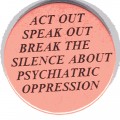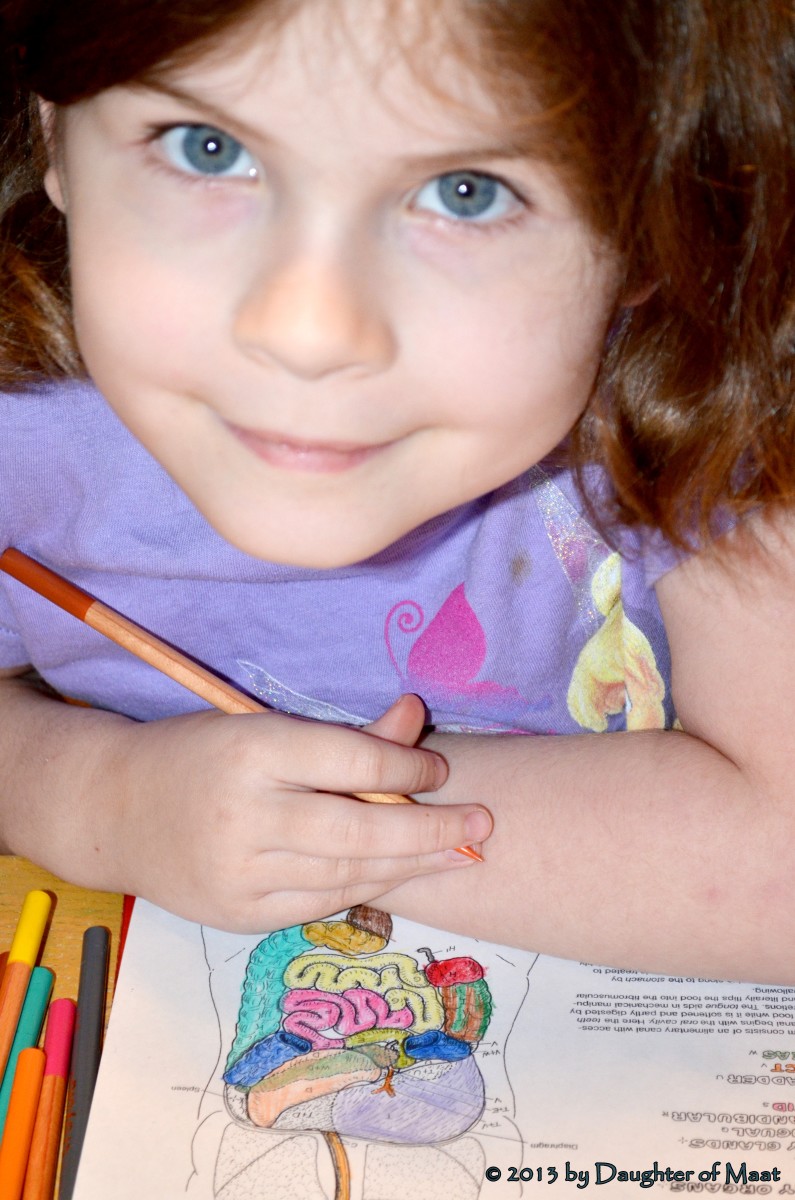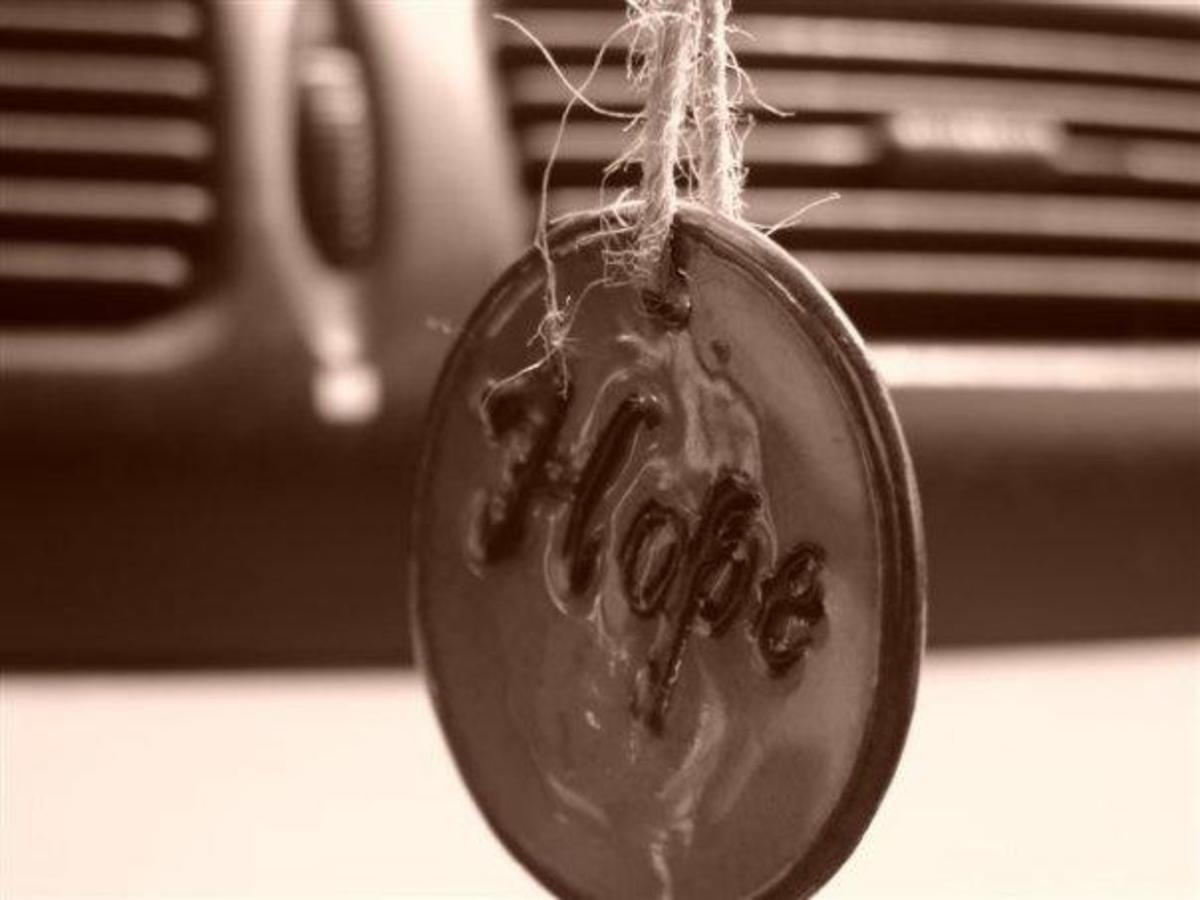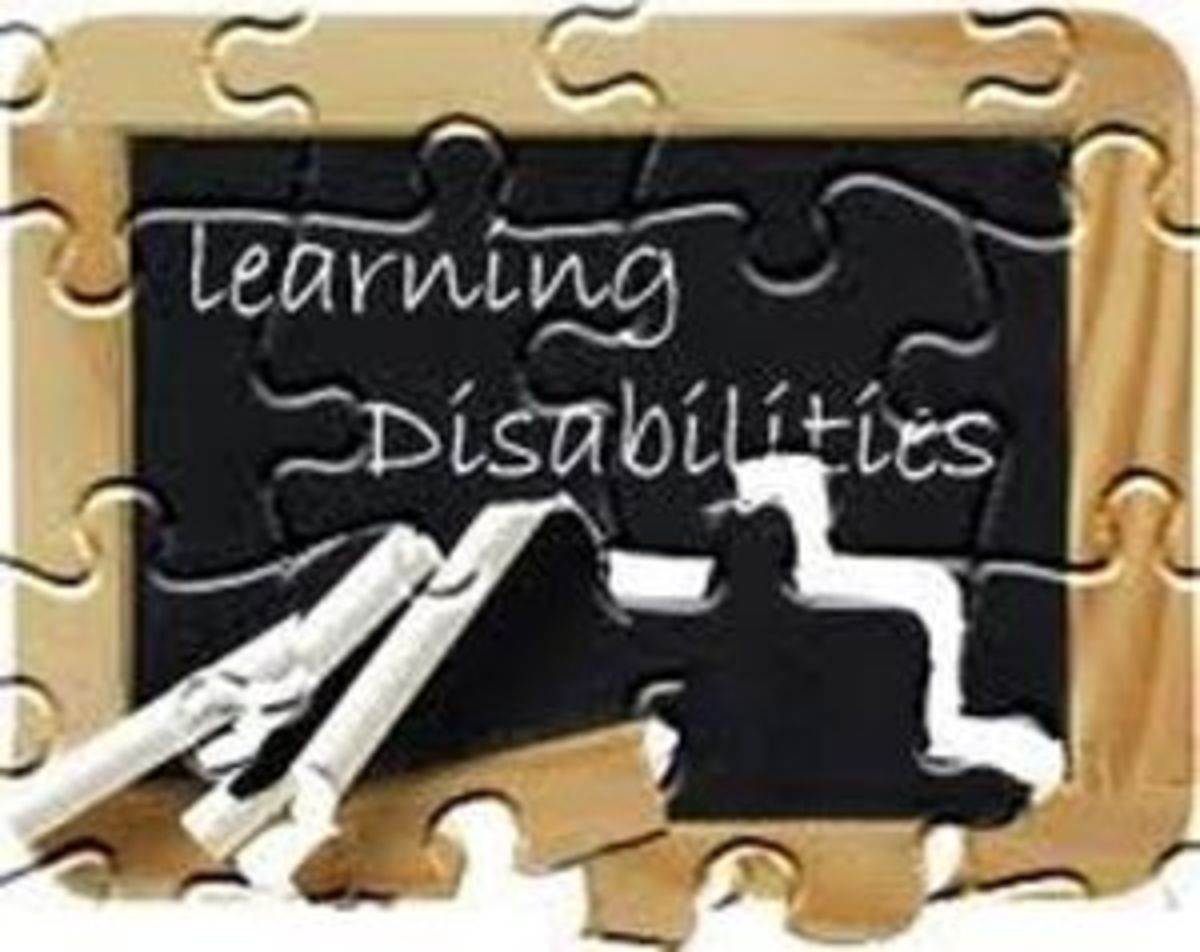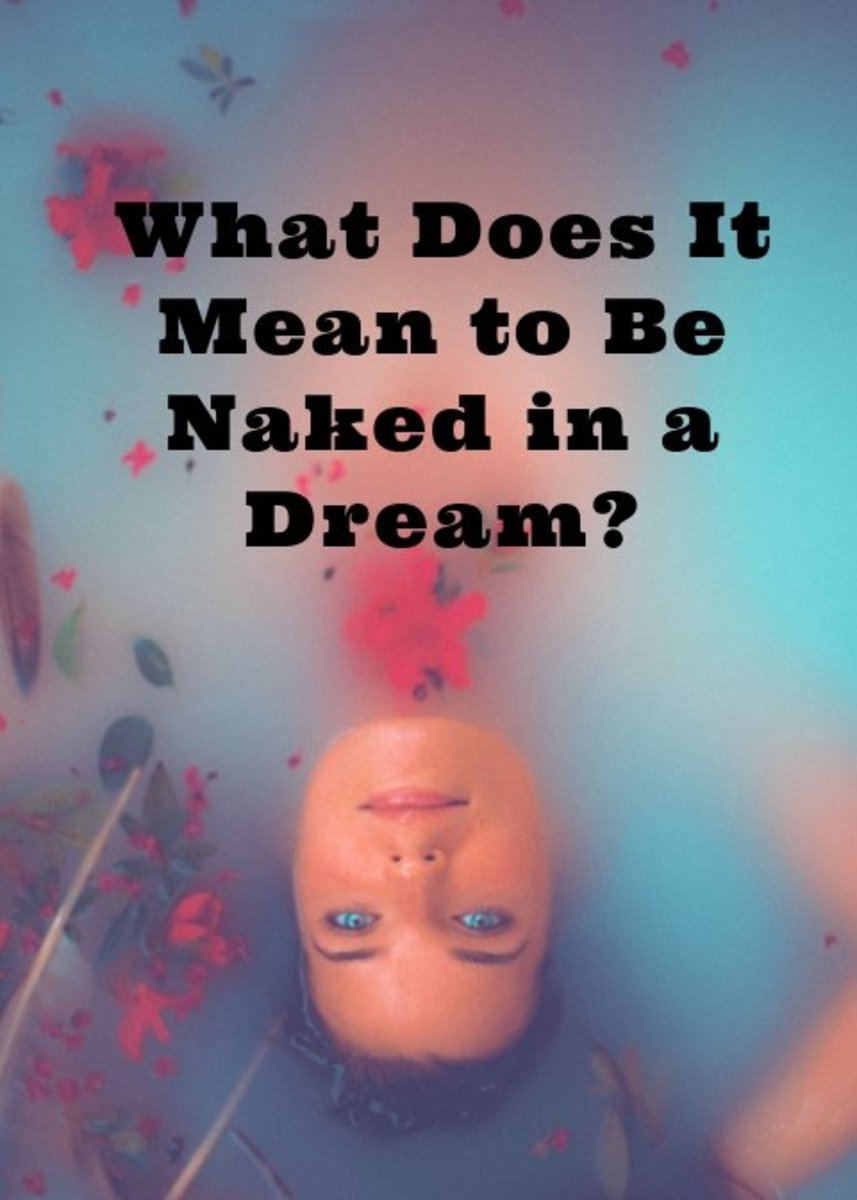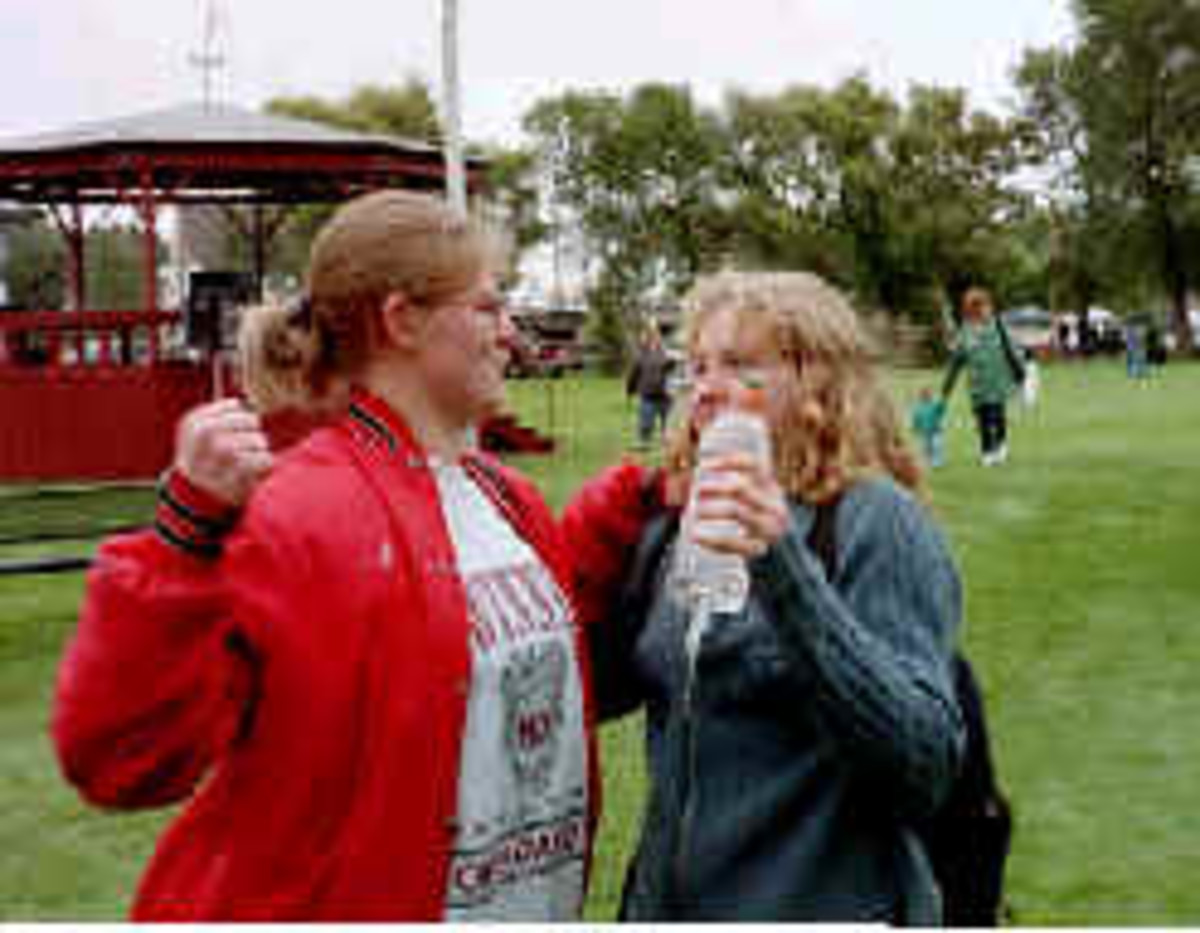How To Tell if a Teen Has a Mental Disability
©copyright ALL RIGHTS RESERVED 2012
2042
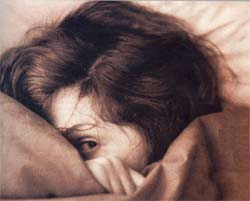
Mental Disability
Mental Disability and disorders can be recognized very early or may materialize much later in life. The following is a list of mental disorders and some characteristics. It is not meant for diagnosis. If you are concerned about your child, you should seek medical help immediately.
Parents Intuition
Studies indicate that nearly fifty percent of children whose parents have concerns about their mental health actually have a diagnosable mental health issue. If the child's teacher or teachers have similar worries, the likelihood of a mental illness increases.
Doctors from the Institute of Psychiatry investigated how accurately parents are able to identify their child's mental health problems. After surveying more than 10,000 cases, they found that it was highly unlikely for parents not to recognize signs of mental problems and in only 5% of all of the cases tested, parents expressed no distress when a diagnosable condition was actually present.

Types of Mental Disorders.
Alcohol and Drug Abuse
It is not uncommon for teenagers to experiment although, trying drugs and alcohol is often considered the gateway to using drugs and alcohol. The only way to ensure that addiction does not become an issue, especially for children who are at a higher risk, is to never use drugs or alcohol.
Anxiety
There are different types of anxiety disorders, all of which can be debilitating.
- Separation Anxiety Disorder
- Generalized Anxiety Disorder
- Panic Disorder
- Phobias
are all part of what doctors consider "fearful anticipation" and dysphoria. Anxiety may trigger physical symptoms that can be in the form of nightmares, headaches, stomach aches, nausea, vomiting, fatigue, sleeplessness, fear, terror, shortness of breath, chest pain, choking, fear of losing control and more. Anxiety can be controlled through relaxation exercises and in severe cases, the use of medications can help.
Attention Deficit Hyperactivity Disorder (ADHD)
ADHD is typically recognized and addressed in the adolescent years. In some cases it will persist into teen and adulthood. It is characterized by an inability to pay attention, impulsivity and behavior that seems sporadic and disorganized. Children are often unable to participate in cooperative play and may be described as being restless and unable to sit still. ADHD is more common in boys than girls and is almost always remedied with medication.
Bipolar Disorder (Manic Depressive)
Bipolar disorder, which is also known as manic depression, is the presence of both extreme happiness or feelings of overwhelming greatness and high self-esteem and the feelings of sadness, depression, physical illness and even suicidal thoughts. The extreme sensations may cycle very frequently and can be accompanied by hallucinations. Bipolar disorder has been misdiagnosed.
If a child has parents who are bipolar, they are at a greater risk of being affected by bipolar disorder however, it can be controlled effectively with medication and therapy. Although bipolar disorder isn't typically recognized until adulthood, the ability to diagnose it in children is more reliable but it does require expert observation over a period of time and a thorough evaluation by a qualified psychiatrist.
Conduct Disorder and Violence
Conduct disorder describes a group of individuals whose behavioral and emotional problems are socially unacceptable. These kiddos are often juvenile delinquents who may have been abused physically or sexually, they may have suffered neglect or experienced a traumatic event. When all of the factors come together, these kids have great difficulty following rules.
It is not uncommon for a child with this disorder to be a bully, to make threats to other children, to be involved in physical fights on a regular basis or to have weapons on multiple occasions. These children may cause harm to animals or may force someone into sexual activity. They may physically assault another child, deliberately set fires or destroy property on a regular basis. There might be a consistent pattern of lying, stealing, truancy and running away from home. It is common for children with conduct disorder to exhibit intense anger and frequent emotional outbursts. They will most likely have low tolerance of frustration, and very little ability to delay gratification. These kiddos may also display symptoms of ADHD (see above) and depression (see below).
The best treatment for conduct disorder is early and comprehensive treatment. Psychiatrists will develop a comprehensive treatment plan and parents should include select people from the child's school to create a treatment team. Because of it's antisocial nature, children who do not get treatment often do not adapt well to society and into adulthood. Studies show that within the walls of our prison systems, a high percentage of inmates convicted of violent offenses also suffer from conduct disorder. That's not to say that a child diagnosed with conduct disorder is also diagnosed with a prison term.
Depression
When a child experiences depression their ability to function normally is altered. They display an inability to concentrate, a change in eating habits, sadness, crying, isolation, abnormal thoughts of rejection, difficulty with relationships, anger, illness, disinterest in previously engaging activities and dangerous or suicidal thoughts.
Children who suffer from depression may have trouble at home and at school. They may not always seem sad and may recognize their own hopelessness. It is not uncommon for depressed children to defer to drugs and alcohol as numbing agents. Children who are depressed are more likely to be suicidal if they are using drugs and alcohol.
It's important to note that all children feel sad at times but depression is marked by perpetual sadness that may be accompanied by disturbing behaviors such as self injury, strange or bizarre drawing or writing, destruction, provocative activity, dangerous activity or unprotected sex.
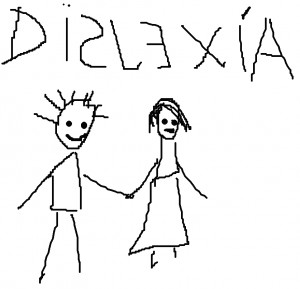
Learning Disability (LD)
Learning disabilities are believed to be caused by a problems with the nervous system that affects the receiving, processing and communication of information. When a child is actively participating in school but is still falling behind or may not be mastering the tasks at a normal pace, it could be because of a learning disability. Some indications of learning disabilities include difficulties remembering sequences and instructions, inability to learn to read and spell, difficulty with mathematics, dyslexia (reversal of letters, words and numbers), inability or difficulty to understand time frame and concept and poor coordination.
There are consequences of learning disabilities. Children can easily thrive if the learning disability is detected early and treated properly. If left untreated, it may have a devastating effect because the inability to learn is extremely frustrating for most children. Emotional problems can stem from undetected learning disabilities and failures. It's important to have a proper evaluation to determine if a learning disability exists.
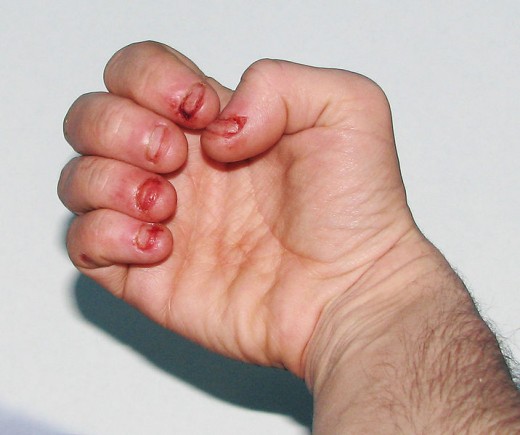
Obsessive Compulsive Disorder (OCD)
OCD is characterized by compulsive and repeated thoughts that cause unwanted and marked anxiety. Additionally, there might be ceremonial types of behavior that interfere with daily functioning, relationships and routines. Compulsions are typically unrealistic and irrational and will cause significant emotional discomfort to the child. OCD has been shown to be genetically linked but because a parent has it does not secure a diagnosis for a child.
Most children can be treated for OCD with medication and therapy. It's imperative to have family and educational support.
Post Traumatic Stress Disorder (PTSD)
PTSD occurs when a child experiences a traumatic or life threatening event, a severe injury or they may have been victimized or witnessed someone being victimized. They might have been in an accident, experienced a natural disaster, been diagnosed with a severe illness or experienced death in some manner.
Children who suffer from PTSD might have experiences that will cause them to re-live the event. They might suffer from nightmares and distress when reminded about the event and often act out the event repeatedly during play. It's common for children with PTSD to fear death and to display abrupt emotional reactivity. They may by overly clingy or whiny and may fabricate illnesses such as nausea or headaches. Insomnia and waking up continuously are also very common for children with PTSD.
The successful treatment of PTSD is based largely on early detection. It is very important to convey to the child that they are safe on a regular basis. It takes a team of individuals working together which includes the child's peers and while medication is generally not necessary, in extreme cases of anxiety and depression, it can be used beneficially.
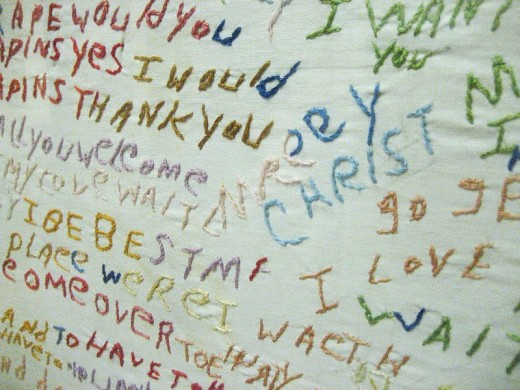
Schizophrenia
Schizophrenia in children, though rare, is a more serious condition due to its affective and causative nature. It's more difficult to diagnose in a child and it's origins are unknown. It can be controlled but there is no cure. Schizophrenia requires a complete psychiatric examination by an adolescent psychiatrist specifically trained in evaluating, diagnosing and treating children with schizophrenia.
Children with schizophrenia may have difficulty relating to peers and are very withdrawn. They have a lack of concern for their own hygiene and display severe mood swings. Their thinking tends to be confused and they have trouble distinguishing between what is real and what is fantasy. Children with schizophrenia often hear voices and see things which are not real and suffer from paranoia. Children with schizophrenia require medication and a comprehensive treatment plan which is carefully monitored by a psychiatrist.
Psychosis vs Psychopath discussion - Colorado Theater 9
When a child or teen suffers from psychosis (such as schozophrenia) they are in a neurological state of existence that is often accompanied by hallucinations and delusions. They believe what's going on is real and may "lose touch" with reality but is not particularly prone to violence.
A psychopath is someone who is someone who does not feel empathy or guilt. They are anti-social and criminal in nature.
The tragedy in Colorado has triggered much debate over the status of the man who carried out the shooting. He is a psychopath. Don't be fooled by the costume. It's the behavior that defines who and what he is.
- He planned the event with explicit detail.
- There was an enormous amount of explosives and toxic chemicals - tear gas, traps, etc
- He watched the victims for how long? before attacking.
- Multiple weapons.
- Multiple victims.
- Multiple sites where he meant to do harm.
- Ways to Give | | Autism Speaks
Autism Speaks

Autism & Aspergers
Children with Autism have varying degrees of diagnosis. They might have a more severe case or a very mild case. Children with severe autism may be non-speakers. They may be withdrawn and unresponsive and often unwilling to make eye contact. They may also commit behaviors such as hand flapping and they have an obsession for keeping things orderly.
Some children have a less severe form of autism known as Aspergers. They function at an extremely high level and have normal language development which at times is a bit quirky. While they also have an obsession for order, one main difference between a child with autism and a child with Aspergers or an "Aspie" is that an Aspie becomes preoccupied with something and will spend hours and hours focused on that topic. Children with Aspergers are also at risk for developing other psychiatric issues such as depression, ADHD, schizophrenia and OCD.
It is not uncommon for an autistic child or a child with Aspergers to possess an extraordinary talent. Autism of all types is often marked by an inability to understand things that are implied. Children with autism and aspergers take things as literal and function better with specifics and details.
Reactive Attachment Disorder (RAD)
RAD is known to cause acute problems for children because of its disruptive nature to the child's life and normalcy. RAD develops in children who have been neglected or abused or who have experienced institutional abuse. RAD is characterized by a child who fails to thrive or gain weight. They might be uninterested in eating and can be unresponsive to human contact and human interaction. They may also display an inappropriate closeness to strangers. RAD is a serious problem for children which typically manifests by the age of five but can be apparent as early as 12 months old.
Reactive attachment disorder is a rare but serious clinical condition that requires a complex psychiatric evaluation.
Tic Disorders & Tourette's Syndrome
Children with tic disorders may have vocal or body tics or they may have both. A tic is defined as a quick or sudden and repeated involuntary movement of the body or involuntary pattern of speech. Tic's can happen in any part of the body. Tic's can often be controlled and be very slight however, under duress or times of extreme anxiety or exhaustion they can become continuous and more pronounced.
Tourette's syndrome is marked by the display several physical tics, one of which is a verbal tic. Children cannot control their movement or sounds. They can be successfully treated with habit reversal training and in come cases, medication. Children with tic disorders are more likely to develop ADHD, LD, impulsivity and OCD.
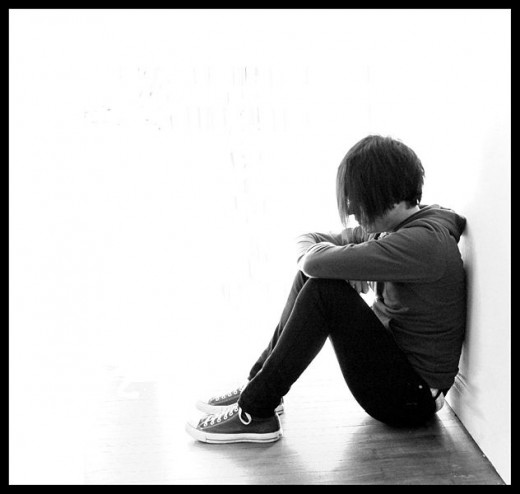
What Do I Do Now?
Because parents are typically the first to notice that there might be a problem, the decision to seek professional help can be difficult. Consulting a pediatrician is your first step. Be honest, be open and tell them everything you know. They cannot help you with information they don't have. You may also want to consult your church as well as other adults who know the child as well as you do. Taking steps to resolve the problem is the key to resolution and successful treatment.




